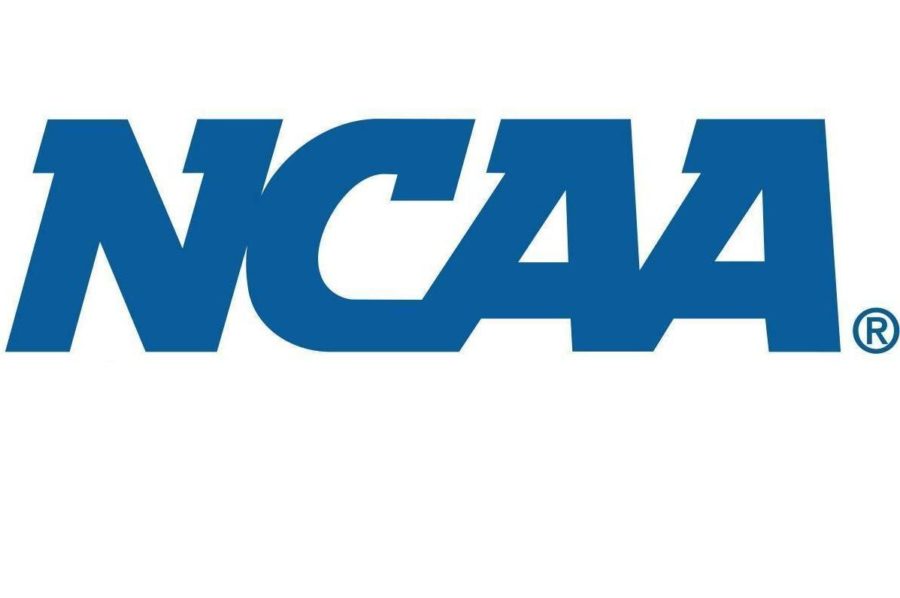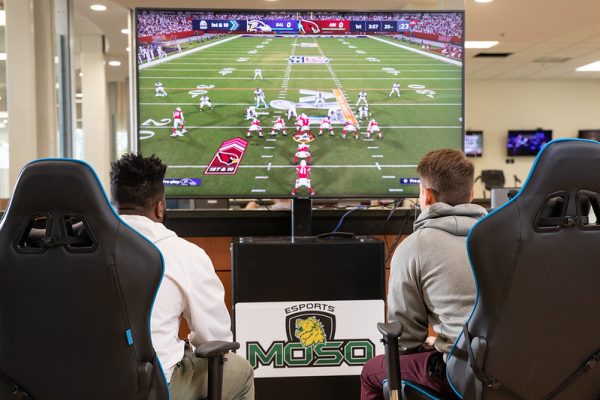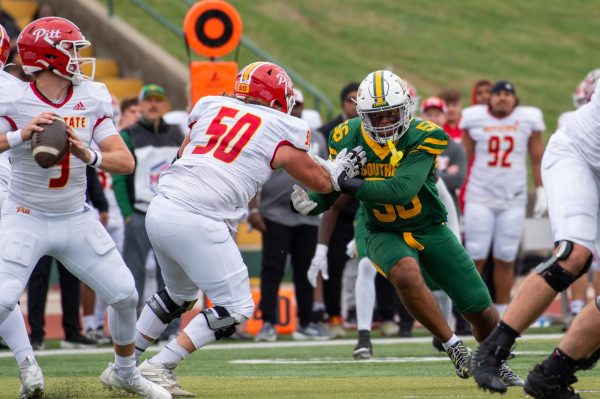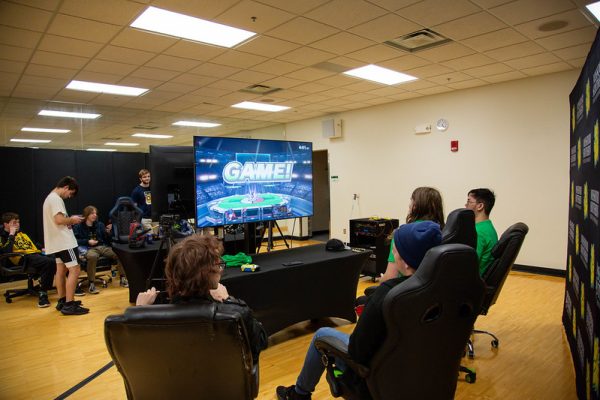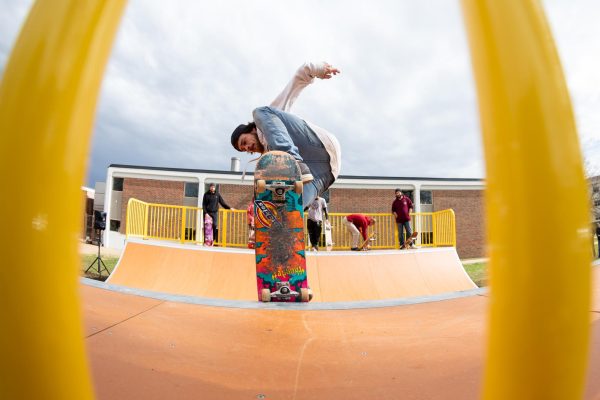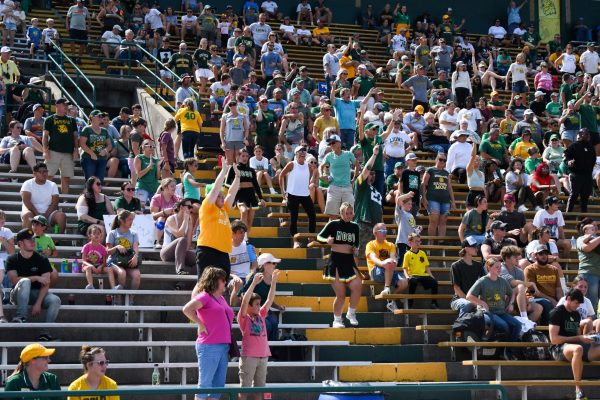Athletes covered in an NCAA blanket
NCAA Logo
Due to the risk of COVID-19, there have been numerous sporting events and athletic seasons canceled. Athletes, particularly those at the collegiate level, have expressed their concern and disdain for their loss of playing time and several questions have been raised regarding the renewal of eligibility for those athletes.
As the news of cancellations began to spread, the question of how the National Collegiate Athletic Association (NCAA) would handle the situation began to arise. Petitions were being signed by fans and athletes to reinstate the lost eligibility of those athletes.
It came out soon after that the NCAA would be accommodating to college athletes that participated in Spring sports, which includes baseball, softball, men’s and women’s golf, and outdoor track and field at Missouri Southern. However, there are conditions involved with these accommodations that are constantly changing.
According to NCAA compliance officer for Missouri Southern, Amanda Schmelzer, the NCAA has issued two different types of blanket waivers. Each type has different qualifications.
The first category is a “season of competition waiver.” This waiver covers any athlete that competed in the spring season and as long as the athlete participated in a game or match, they are receiving an extra year of athletic eligibility.
However, in Division II rules, which is where Missouri Southern falls, college athletes only have ten semesters of academic eligibility. That is where the second type of blanket waiver comes in.
The second blanket waiver is an “extension waiver.” This type will mainly be issued to seniors who lost their final year. If the athlete chooses to accept the extra season of eligibility, they will also be granted two extra semesters of academic eligibility so that they are still able to play.
Although it is helpful to athletes, there are issues that will come from it. For example, giving an extra year of eligibility to athletes is costly. Division I schools, especially those in the Power 5 (which includes schools like Arkansas and Texas), will face substantial revenue loss due to the cancellation of spring sports, followed by hefty costs to their athletic departments upon the renewal of eligibility for every spring athlete.
Although Division II and III schools will not have as large of costs, they are still losing revenue due to the lack of spring sports, which can hurt the athletic department. Schmelzer said that it remains to be seen what will come of this loss of revenue in the next year.
“We don’t magically have that money,” Schmelzer said.
The decision to cancel spring sports was not an easy one and the verdict came down suddenly on Mar. 12. The MIAA decided to discontinue all spring practices and sporting events that afternoon and the news came to Schmelzer between 3 p.m. and 5 p.m. that evening. Although she was skeptical at first, Schmelzer said she later realized that the decision was in the best interest of all the athletes and of the athletic departments in the conference.
“They did what they had to do and what they thought was best at the time,” Schmelzer said. “My heart breaks for the student athletes.”
She said she understands their hurt and confusion and wants to help minimize that as much as possible. She wants the athletes and community to know that she and other athletic department staff are there for them and want to help make this transition as easy as possible.
“We are on their side,” Schmelzer said. “The athletes have a large support system and they are not in this alone.”
Southern Athletics and Schmelzer are doing their best to help athletes understand what is happening and make the most of the situation at hand.
Your donation will support the student journalists of Missouri Southern State University. Your contribution will allow us to purchase equipment and cover our annual website hosting costs.
















